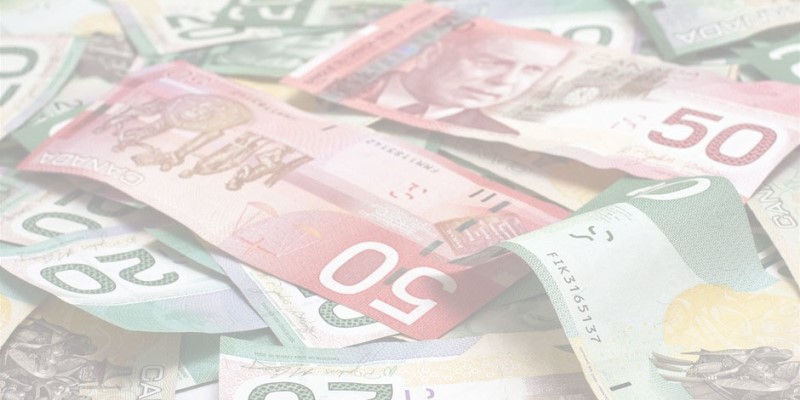Trudeau government spending has increased risk of trouble if recession hits

There are increasing signs of a U.S. recession in the near future, which would inevitably affect Canada’s economy. The U.S. stock market continues to show increased volatility with an 800-point decline earlier this week. The difference between short- and long-term bond interest rates, or what’s known as the yield curve, shows short-term rates higher than long-term ones, a situation which has preceded recessions in the past. Business confidence and investment levels also continue to show real weakness. And finally, Canada has experienced a recession every eight-and-a-half years (on average) since the mid-20th century with the last recession in 2008-09.
This is one of the reasons many economists raised concerns about the Liberal Party’s election platform in 2015, calling for discretionary deficits. Running deficits this late in the business cycle risks a rapid and potentially marked deterioration in federal finances should the inevitable recession arrive. Recall that the campaigning Liberals promised deficits over three years totaling $25.1 billion with a balanced budget this year. Instead, according to the current expectation, actual borrowing will total $72.7 billion with a deficit this year of almost $20.0 billion.
Consequently, a recession this year or next would make federal finances much worse.
A recent study estimated that if the federal government did nothing proactive and relied solely on existing programs such as Employment Insurance to combat a recession, the deficit would increase from the current estimate of $19.8 billion to between $28.2 billion and $34.4 billion, depending on the severity of the recession.
The recession would also increase expected deficits for the ensuing few years as the economy and federal finances recover, increasing the level of debt accumulated by an additional $37.8 billion to $65.5 billion, again depending on the severity of the recession.
It’s highly unlikely, however, that the federal government—regardless of which party is in power—will do nothing in response to a recession. History shows that governments tend to increase discretionary spending during recessions in an effort to stimulate the economy.
A 2018 study, using the responses of the federal government to three previous recessions (1991-92, 2000-01 and 2008-09), estimated that the deficit in 2019-20 would increase to $42.7 billion if a mild recession like 1991-92 occurred and the federal government responded in a similar way as it did then. If the situation mirrored the 2000-01 recession, the study estimated the deficit would increase to $48.7 billion. And if the conditions of the most recent and fairly serious recession of 2008-09 were repeated, the annual deficit would skyrocket to $120.5 billion. Remember, that’s not a four-year deficit estimate but rather the estimate for a single year of borrowing if a recession like 2008-09 was repeated.
Running deficits when the economy is growing, even slowly, and unemployment is comparatively low, as the federal government has done for the past four years, is risky and ignores the lessons of the 1960s to the 1990s, which ended with Canada within a stone’s throw of a currency and debt crisis.
The signs are increasing that a recession is likely to occur. The federal government would be well advised to hold the line on discretionary spending now to reduce the current year deficit and lessen the risk of a marked deterioration in federal finances, should a recession occur.
Authors:
Subscribe to the Fraser Institute
Get the latest news from the Fraser Institute on the latest research studies, news and events.



